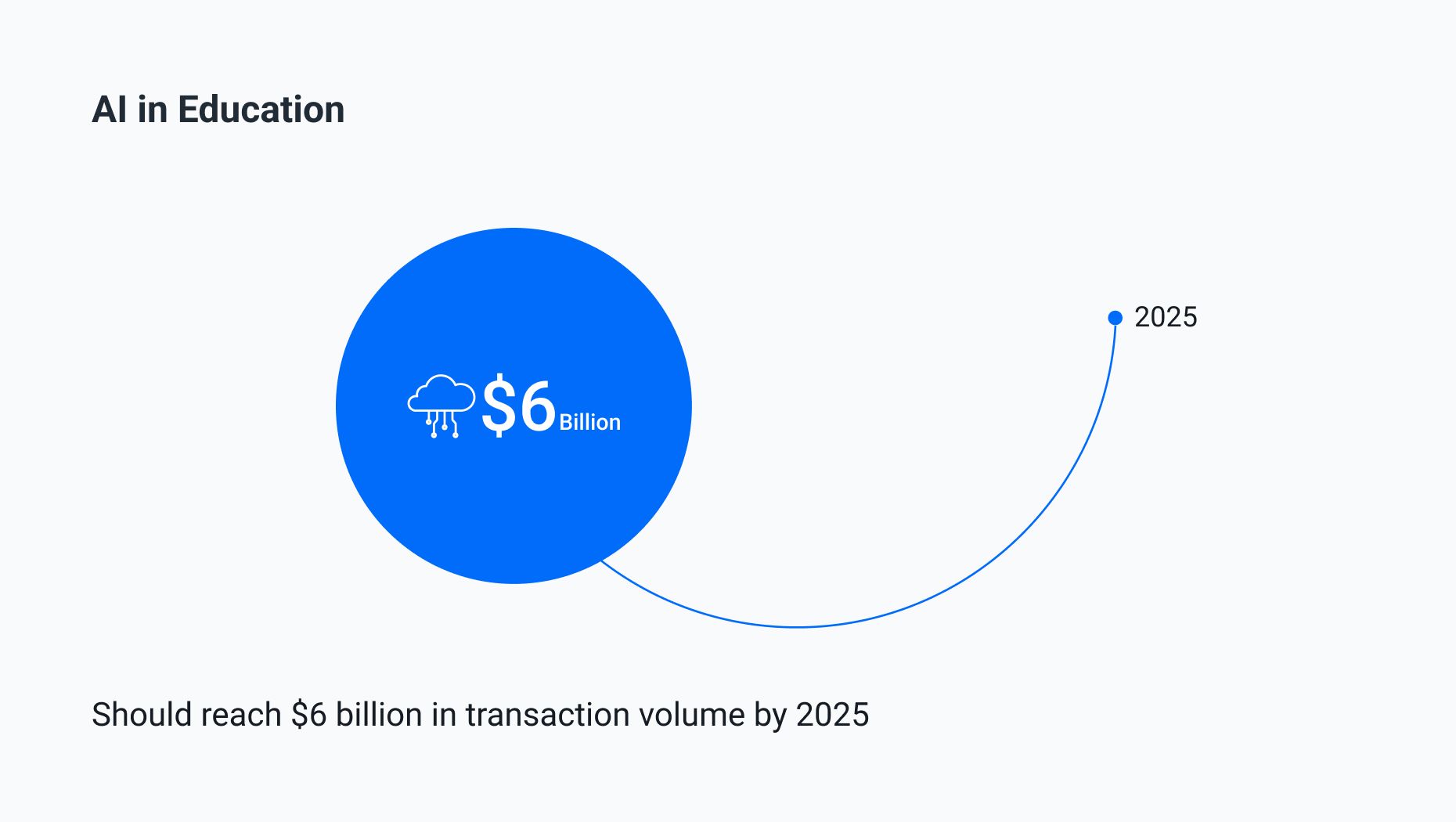The global educational landscape is transforming rapidly, driven by technological advancements and changing learning preferences. Educational companies need to stay ahead of the curve to meet the evolving needs of students and educators. This article will explore four key trends shaping the educational industry worldwide.

1: Online Learning and Remote Education
The COVID-19 pandemic has accelerated the adoption of online learning and remote education. According to Facts and Factors, the Global E-learning Market size is expected to grow by over USD 374.3 Billion by 2026.
Educational companies are leveraging digital platforms and technologies to deliver engaging and interactive learning experiences. This trend opens up opportunities for companies to provide online courses, virtual classrooms, and personalized learning experiences that cater to diverse student needs.

2: Artificial Intelligence and Personalized Learning
Artificial Intelligence (AI) is revolutionizing the world. And the educational sector is being significantly affected by this rising technology.
AI-powered platforms can analyze student data, identify individual strengths and weaknesses, and deliver customized content and assessments. This approach fosters adaptive learning, improves student engagement, and enhances learning outcomes. According to HolonIQ, the AI in Education market is expected to reach $6 billion by 2025, showcasing the growing importance of AI in education.

3: Gamification and Interactive Learning
Gamification techniques are gaining traction in educational settings, making learning more interactive and enjoyable. Gamified learning platforms use game elements, such as challenges, rewards, and leaderboards, to motivate and engage students. By incorporating gamification, educational companies can create immersive learning experiences that enhance student participation, knowledge retention, and problem-solving skills. A survey by eLearning Industry revealed that 83% of learners found gamification more engaging.

4: Rise in Automatic Payments
Automatic-based models have become increasingly popular in the educational industry. This trend enables students, educators, and institutions to access a wide range of educational resources, courses, and platforms through an automatic payment structure.
The payment solutions that have shown higher adoption rates are recurring payment links and subscription payments.
These solutions provide flexibility, affordability, and continuous access to learning materials and services.
Recurring payment links are a great option to optimize time and resources, creating just one link that can be used multiple times.
On the other hand, subscription payments are particularly beneficial for educational companies as they offer predictable revenue streams, foster customer loyalty, and enable ongoing updates and improvements to the content and platform.
Furthermore, with dLocal Go's payment solution, an educational company can offer its services to more than 15 countries worldwide, allowing customers to pay in their local currency and with their preferred local payment method.
If you want to learn more about dLocal Go's payment solutions, click here.
By staying ahead of these trends and leveraging data-backed insights, educational companies can thrive in the evolving educational landscape, meeting the needs of learners and educators worldwide. Count on dLocal Go's payment solutions to help your company to take off.

